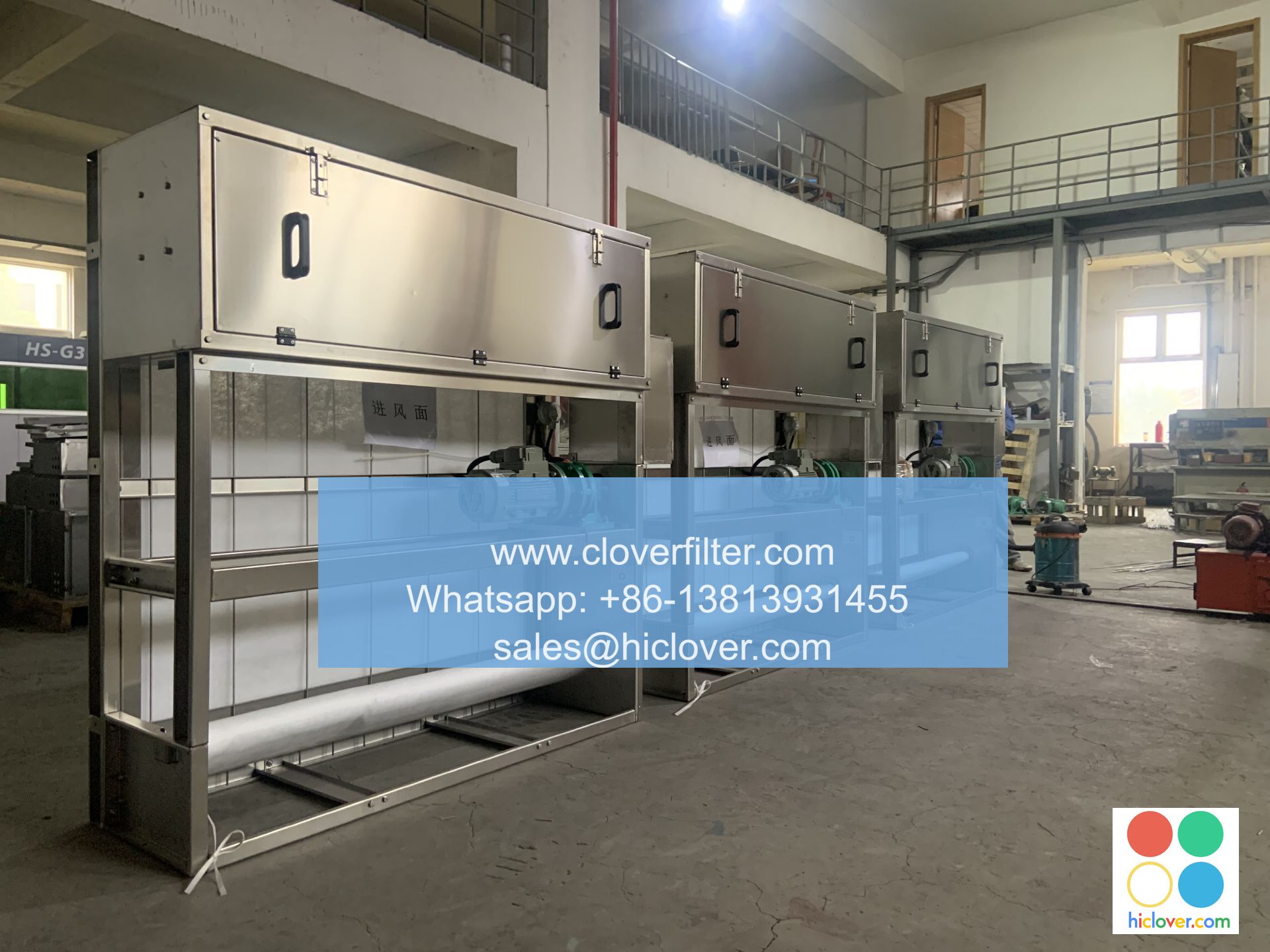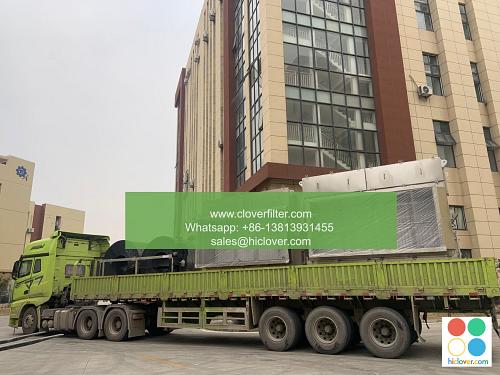The Potential of AI in Air Filter Regulations: Disrupting the Industry

The integration of Artificial Intelligence (AI) and Machine Learning (ML) in air filter regulations is poised to revolutionize the industry, leveraging predictive analytics and data-driven insights to optimize filter performance, enhance indoor air quality (IAQ), and reduce environmental pollution. As the world grapples with the challenges of climate change, air pollution, and sustainable development, the application of AI in air filter regulations is becoming increasingly crucial.
Improved Filter Efficiency and Effectiveness
AI-powered air filter systems can analyze real-time data from various sources, including sensor technologies, IoT devices, and weather forecasts, to predict and adapt to changing air quality conditions. This enables the development of more efficient and effective air filters that can capture a wider range of particulate matter (PM), volatile organic compounds (VOCs), and other air pollutants. By optimizing filter performance, AI can help reduce energy consumption,
Enhanced IAQ Monitoring and Management
AI-driven air filter systems can continuously monitor and analyze IAQ parameters, such as temperature, humidity, CO2 levels, and particulate matter concentrations, to identify potential health risks and comfort issues. By leveraging ML algorithms and data analytics, AI can detect patterns and anomalies in IAQ data, enabling proactive maintenance and optimized filter replacement schedules. This can lead to improved occupant health, productivity, and well-being, while also reducing liability risks and compliance costs associated with IAQ regulations.
Smart Air Filter Regulation and Compliance
AI can facilitate the development of smart air filter regulations that are more effective, efficient, and data-driven. By analyzing large datasets and real-time information, AI can help regulatory agencies and industry stakeholders identify areas of non-compliance and inefficiency in air filter regulations. This can lead to more streamlined and cost-effective compliance processes, as well as improved enforcement of air filter regulations, ultimately reducing air pollution and public health risks.
Emerging Applications and Opportunities
The potential of AI in air filter regulations extends to various emerging applications and industries, including:
* Smart cities and urban planning: AI-powered air filter systems can help optimize urban air quality and mitigate pollution in densely populated areas.
* Industrial processes and manufacturing: AI can improve air filter efficiency and reduce emissions in industrial settings, such as chemical processing and pharmaceutical manufacturing.
* Transportation systems and vehicles: AI-powered air filter systems can enhance in-vehicle air quality and reduce emissions from vehicles and transportation infrastructure.
In conclusion, the integration of AI in air filter regulations has the potential to disrupt the industry and create new opportunities for sustainable development, environmental protection, and public health. As AI technology continues to evolve and improve, it is likely to play an increasingly important role in shaping the future of air filter regulations and indoor air quality management. Prompt

